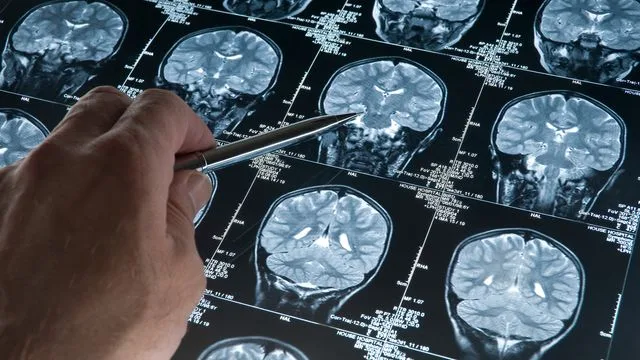New Study Reveals Accelerated Aging in Children with Multiple Sclerosis
Groundbreaking research has uncovered that children diagnosed with Multiple Sclerosis (MS) may experience accelerated biological aging. This surprising discovery opens up potential new avenues for treatment strategies and improved monitoring of the disease’s progression in young patients.
Understanding the Findings
The study highlights that the biological age, which reflects the wear and tear on the body, appears to be advancing more rapidly than the chronological age in children with MS. This suggests that the disease process may be exerting a greater impact on their overall health than previously understood.
- Biological Age vs. Chronological Age: Biological age indicates the body’s functional state, while chronological age is simply the time elapsed since birth.
- Accelerated Aging: In this context, it means the body is aging faster than expected for their actual age.
Implications for Treatment and Monitoring
This research has significant implications for how MS is managed in children:
- Targeted Therapies: The discovery could lead to the development of therapies specifically designed to slow down or reverse the accelerated aging process.
- Early Intervention: Identifying accelerated aging early could allow for more proactive interventions to mitigate its effects.
- Improved Monitoring: Monitoring biological age could provide a more accurate assessment of disease progression and treatment effectiveness.
Future Directions
Researchers are optimistic that these findings will pave the way for more personalized and effective treatments for children with MS. Further studies are needed to fully understand the mechanisms driving accelerated aging and to develop targeted interventions.
Potential Research Areas:
- Identifying the specific biomarkers associated with accelerated aging in MS.
- Investigating the role of genetics and environmental factors.
- Developing interventions to protect against age-related decline.
Final Overview
The revelation of accelerated biological aging in children with MS marks a significant step forward in our understanding of this complex disease. By focusing on the aging process, researchers hope to develop more effective strategies to improve the long-term health and well-being of young patients with MS.




+ There are no comments
Add yours